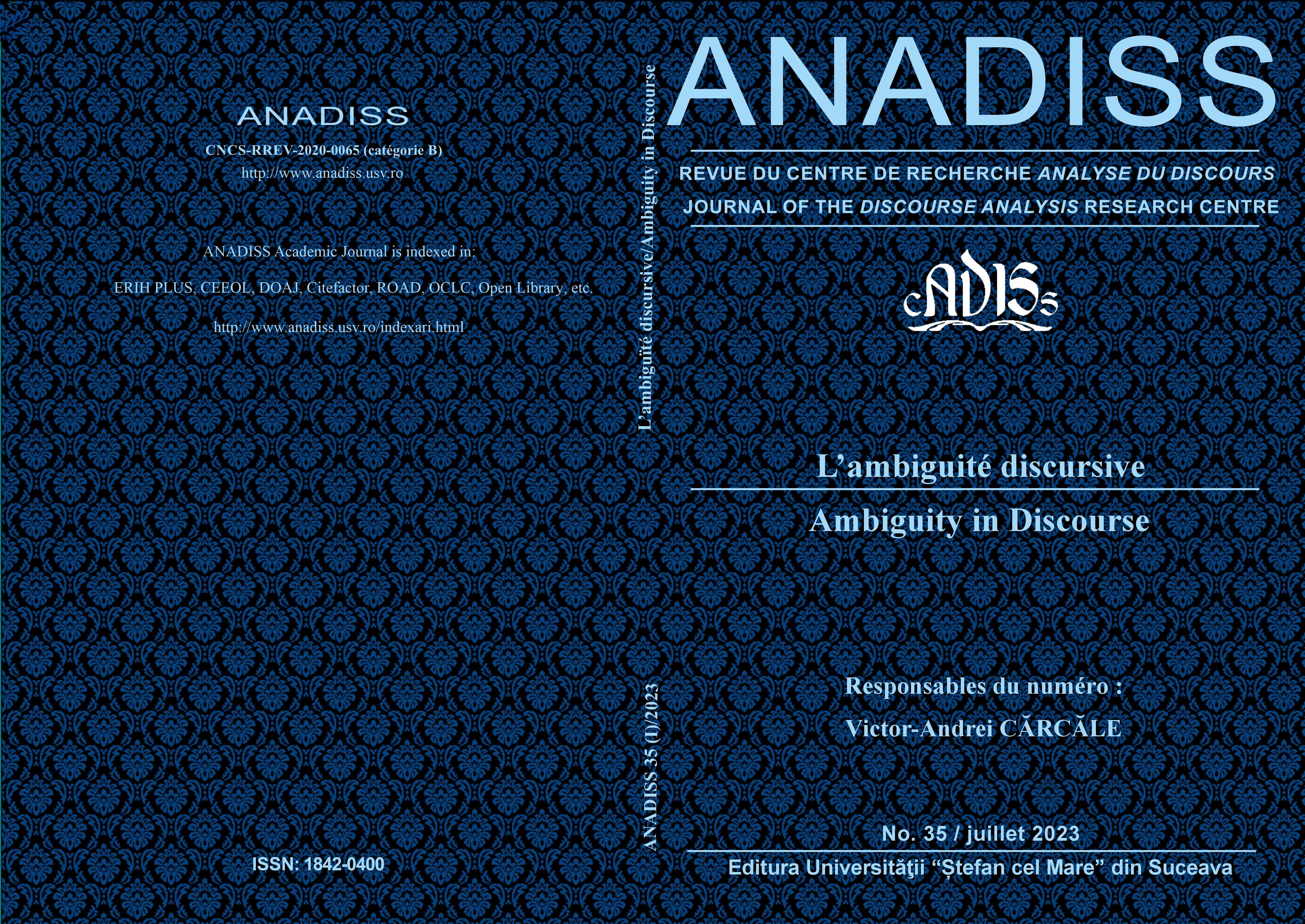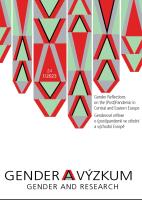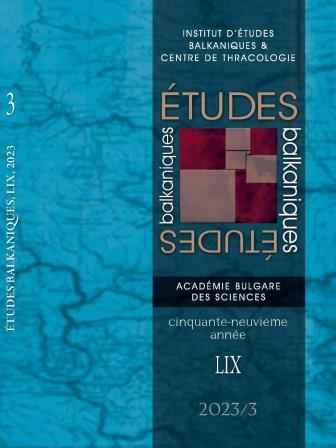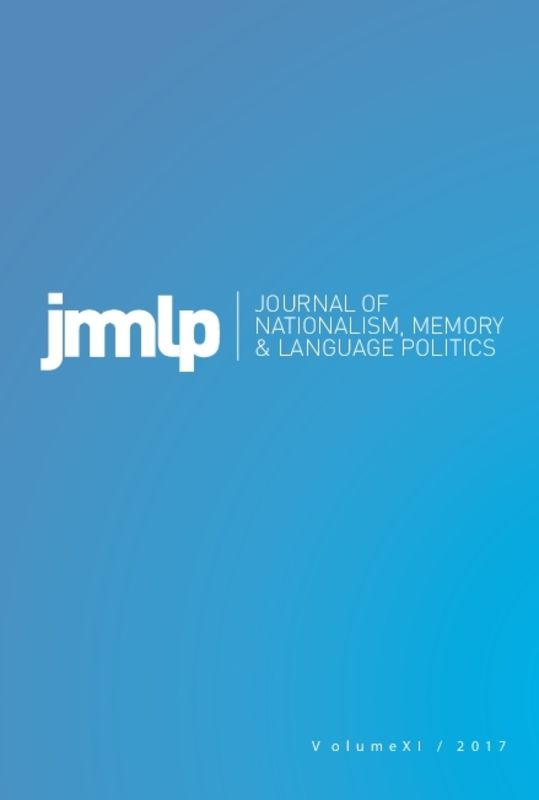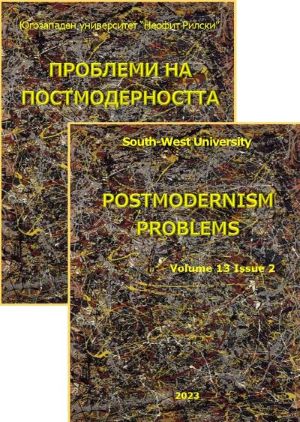
hone Use, Offline Neglect, and Reachability: A Qualitative Study in Denmark, Lithuania, and Spain
hone Use, Offline Neglect, and Reachability: A Qualitative Study in Denmark, Lithuania, and Spain
Keywords: smart technology; offline neglect; occasional phubber; distractions; joint attention; self-control; reachability
The use of smart technology (ST) has dramatically increased in recent years, with smartphones and tablets affording use in all locations and for innumerable purposes. Consequently, we relate differently to our surroundings – a condition we refer to as 'offline neglect'. This paper reports the results of a qualitative, small-scale project investigating how informants from three European capital cities, Vilnius, Lithuania, Madrid, Spain, and Copenhagen, Denmark, perceive the changes associated with ST-induced offline neglect in the daily navigation of their physical and social environments. Our informants were generally quite verbose about the unwanted side effects of excessive phone use, especially on social relations. Nevertheless, most informants reported experiencing trouble with limiting their ST use although they did point to avoidance strategies. Based on our data, we introduce and discuss the concept of 'reachability' as crucial to understanding the effects of ST use on the social environment.
More...
